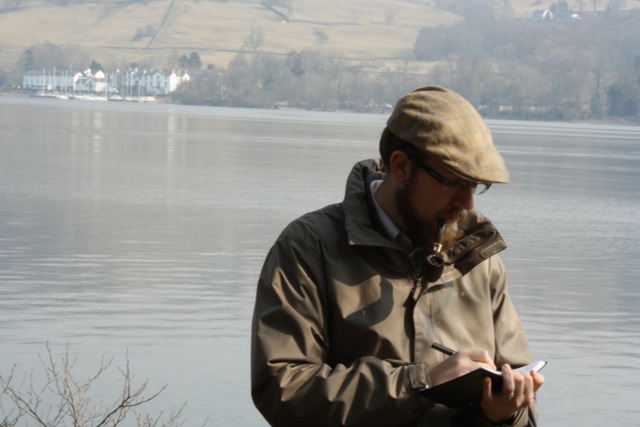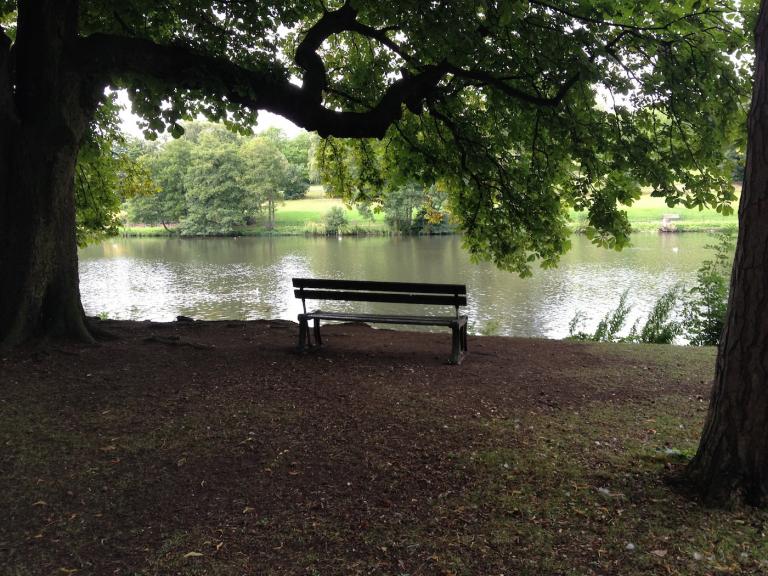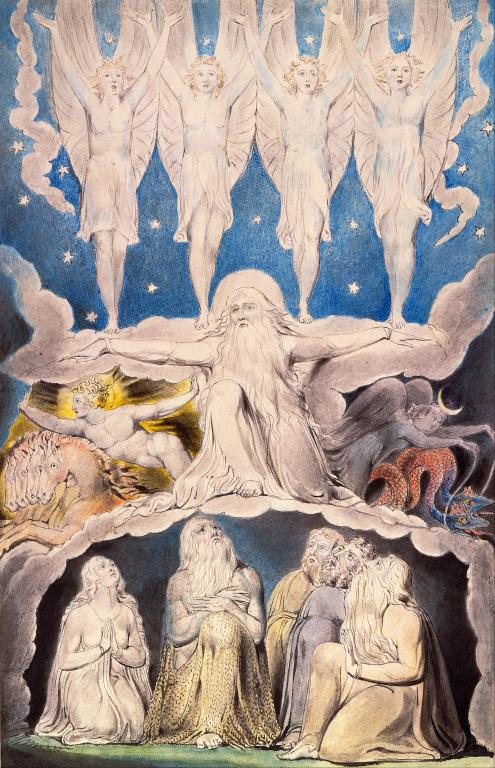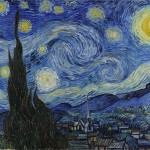David Russell Mosley
Lent
3 April 2014
On the Edge of Elfland Beeston, Nottinghamshire
Dear Friends and Family,
Inspired by this post from Artur Rosman, ‘John Paul II, the Artist in You, and Coleridge’, I thought I would share a portion of my thesis on a related topic. This extract comes from my fourth chapter which focuses on the Christian life in light of the Ascension and the Indwelling and how deification continues and grows in us during this time. The portion I want to share is a bit long, so I’ll be sharing it in parts. Please, let me know what you think.
Sub-Creation
I want now to turn my attention to human creativity and the role it plays in the life of redemption and deification. John Milbank has suggested in Beyond Secular Order, that the human creatures is a fictioning creature, that is, a creature who shapes and re-shapes the nature around them, ‘Likewise, they are as animals fictioning creatures, or in other terms cultural and historical creatures, whose very nature is artificially to question and reshape (though not thereby to destroy) this nature.’1 This is based, for Milbank first in the Incarnation’s ability to re-shape history, ‘If the Incarnation permitted a reshaping of the world, then it was to be expected that time would bring forth beneficial innovations, including technological ones, in which the Holy Spirit was at work through human hands.’2 Note how Milbank argues that if the Incarnation has reshaped the world then as a result of this reshaping (a reorientation of humanity in a general sense towards its end) the Spirit, who is given in one sense to all humanity and in another to Christians in a particular way, will be active in bringing about additions to creation, or new parts to the Poem. This is all even further based in the notion that culture and creativity are themselves gifts and deifying participations in the divine creativity:
The ‘cultural supplement’ to which our purely animal natural reason is already, through our ‘trans-naturality’, obscurely drawn by the lure of the supernatural implanted within us, simply is, as revealed in the light of the Incarnation, the supplement of grace, the beginning of the work of deification which is always (as Sergei Bulgakov saw, through his eastern appropriation of western experience) the work of a further participation in divine creativity.3
Thus, for Milbank, culture is a gift and our participation in culture is an aspect of our deification. For this reason, the rest of this chapter will look specifically at the work of George MacDonald, G. K. Chesterton, J. R. R. Tolkien, and C. S. Lewis for modern examples of what Tolkien would come to call sub-creation, as a kind of sub- poetical contribution to the Poem which in turn contributes to our becoming Theo- poems.
Participation in the Poem
Humans, then, are to play a role as poets, participating in the Poet and in a real, but qualified sense, adding to the Poem. As Metropolitan Kallistos Ware has written, ‘Our highest vocation as human persons is to reproduce on earth, so far as this is possible for us, the movement of mutual love that passes eternally between the Father, Son, and Holy Spirit.’4 What God is, which is what we participate in and are in the image of, we are to recreate, re-poetise here on earth. George MacDonald, writing on the importance of imagination, writes, ‘man may, if he pleases, invent a little world of his own, with its own laws; for there is that in him which delights in calling up new forms–which is the closest, perhaps, he can come to creation.’5 These worlds which we can create, however, must hold to the moral law (one of the only laws in Elfland, as Chesterton told us above). To do otherwise is to inherently create inconsistent world. Again, MacDonald writes, ‘In the moral world it is different [from the physical]: there a man may clothe in new forms, and for this employ his imagination freely, but he must invent nothing. He may not, for any purpose, turn its laws upside down. He must not meddle with the relations of live souls. The laws of the spirit of man must hold, alike in this world and in any world he may invent.’6 For MacDonald the moral world can be recast in new clothes, but it cannot change its substance.
If we can, as I have already suggested, in some ways equate poetry and fantasy, or at least poetry and Faerie, which all have to do with creation, then this human activity is immanently important to theology and philosophy. Josef Pieper, writes:
poetry and philosophy are more closely related to one another than any of the sciences to philosophy: both, equally, are aimed, as one might say, at wonder (and wonder does not occur in the workaday world)––and this by virtue of the power of transcending the everyday world, a power common to poetry and philosophy.7
Note that Pieper equates poetry with a world beyond the workaday. His own point here is that a utilitarian world misunderstands the point of both philosophy and poetry. These are searches for wonder. Tolkien, writing about Fairy-stories, says, ‘Fairy-stories were plainly not primarily concerned with possibility, but with desirability. If they awakened desire, satisfying it while often whetting it unbearably, they succeeded.’8 This desire which is awakened is akin to the wonder that Pieper writes about, or even the joy that haunted Lewis in his pre-Christian days.9 Therefore it is necessary here to discuss fantasy and its implications in our deification.
Sincerely yours,
David Russell Mosley
1 John Milbank, Beyond Secular Order: The Representation of Being and the Representation of the People (Chichester: Wiley Blackwell, 2013), 220.
2 Ibid., 218.
3 Ibid., 213.
4 Kallistos Ware, ‘The Holy Trinity: Model for Personhood-in-relation,’ in The Trinity and an Entan- gled World: Relationality in Physical Science and Theology, ed. John Polkinghorne (Cam- bridge: William B. Eerdmans Publishing Company, 2010), 113.
5 George MacDonald, ‘The Fantastic Imagination,’ in The Complete Fairy Tales, ed. by U. C. Knoepflmacher (New York: Penguin Books, 1999), 5-6.
6 Ibid., 6.
7 Josef Pieper, Leisure The Basis of Culture, trans. by Alexander Dru (London: Faber and Faber, 1952), 95.
8 J. R. R. Tolkien, ‘Tree and Leaf,’ in The Tolkien Reader (New York: The Ballantine Publishing Company, 1966), 63.
9 See C. S. Lewis, Surprised by Joy (Orlando: Harcourt Inc., 1955).












